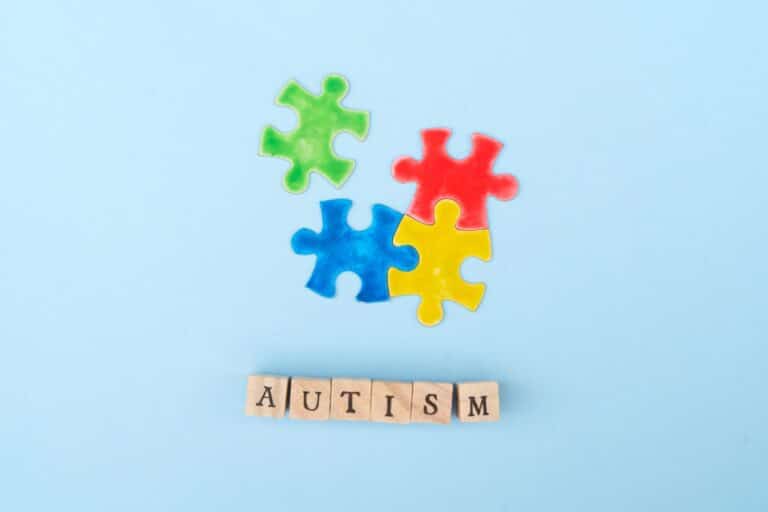Oftentimes, the focus of the damage done through addiction is looked at from the individual’s psychological and emotional health. These damages to health expand beyond the addict and can affect their social health. Social health is your ability to form meaningful and satisfying relationships with others.
Substance abuse and addiction are known to cause problems with your social health. All kinds of relationships, including family, intimate relationships, and friendships, can be negatively impacted by an individual’s addiction and substance abuse.
Elements of Healthy Relationships
Relationships are complex and can be complicated even if addiction is not involved. In order to have healthy relationships, whether that be with friends, family, or a significant other, there need to be certain qualities for the relationship to be a healthy one.
These are some elements of a healthy relationship:
- Support – Encouragement, and support for each other emotionally and practically is essential in having a healthy relationship.
- Honesty – People who have healthy relationships have open and frequent communication.
- Trust – Mutual trust is essential in relationships of all kinds. Trust is established through honesty, transparency, and consistency. Trust is commonly associated with the feelings that you can depend on a person and know they will not intentionally try to harm you.
- Respect – Mutual respect is also fundamental in relationships. Respect promotes thoughtfulness, consideration, and equality.
- Shared Values — Healthy relationships include shared values that help bond people together.
The Toll Addiction can Take on Relationships
Addiction not only affects the addict but all of those around them. In addition to the physical and emotional consequences, the addict’s relationships can suffer.
Family, friend and intimate relationships with an addict can cause these consequences:
- Break down of trust – Trust can be lost between you and the addict. The addict’s behaviors can become sneaky and dishonest. These behaviors can lead to a lack of respect and loyalty.
- Financial instability – Supporting an addict can become overwhelming. Often, someone in addiction may have trouble keeping a job and paying bills. They often looked to loved ones to help support them financially. The financial toll can be widespread as the addict looks for ways to get their drug.
- Emotional burden – The emotional toll addiction can take on those who care about the addict is excellent. Loved ones can be overwhelmed by worry and fear about the addict’s safety and behaviors.
- Risk for violence – Some drugs like crack/cocaine, benzodiazepines, amphetamines, and alcohol can be linked to more violent and aggressive behaviors. Living with an addict can put you at greater risk for violence.
- Codependency – The person in the relationship with the addict can become codependent. They may begin to put the addict’s needs before their own and remain loyal and committed even though the addict is not.
- Unreliability – The user becomes more focused on getting their drug and feeling its effects. Relationships are no longer the priority in the addict’s life, and they can stop being present with their friendships, family, and partner.
Forming a Healthy Relationship with an Addict
Treating the addict’s addiction is at the forefront of the issue. Individualized therapy could be beneficial in addition to an inpatient rehab. Substance abuse treatment typically involves psychotherapy, DBT, CBT, and group therapy to help the addict find recovery.
The addict’s loved one may also benefit from individualized therapy. In these therapy sessions, the loved one can learn about addiction, their role in the addiction, and how they can partake in self-care.
Family and /or couples counseling can benefit the addict and their loved one. The counseling sessions can be used as a safe place to practice skills that promote a healthy relationship.
Addiction Treatment in Orange County
Southern California Sunrise Recovery Center offers detox and inpatient treatment for those struggling with addiction. In addition to the traditional methods of psychotherapy, we also offer holistic methods of treatment. The holistic methods we use to help addicts with their emotional health include guided meditation, aromatherapy, yoga, reiki, and mind-body therapy.
Our staff is prepared to develop an individualized treatment program for you or your loved one struggling with addiction. If you or a loved one are struggling with addiction or have questions about our program, please contact us today.






